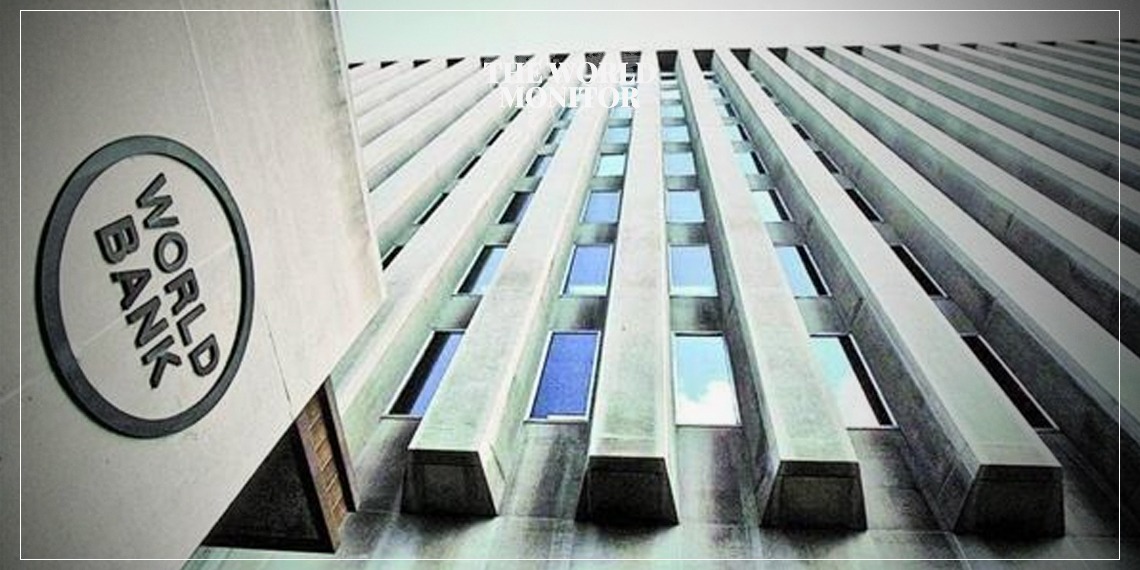The World Bank Group has approved a substantial $1.2 billion financing package for Kenya aimed at supporting the East African nation’s financial sustainability and resilient growth.
This funding is designed to help Kenya manage short-term budget pressures while fostering green growth.
According to the World Bank‘s statement, this Development Policy Financing operation combines an $850 million loan from the International Bank for Reconstruction and Development (IBRD) with a $300 million concessional loan from the International Development Association (IDA), the World Bank’s arm for the world’s poorest countries.
Additionally, a $50 million grant will be provided to support refugees. This financial package will assist in implementing various economic reforms, including the establishment of a single treasury account, payroll consolidation, the deployment of an enhanced social protection system, opening up the information and communication technology sector to more foreign investment, and improving access to services and employment for Kenya’s approximately 550,000 refugees.
The funding will also aid Kenya in achieving its goals in eco-friendly public transportation, increasing forest cover, and improving climate change mitigation financing, particularly through the issuance of green bonds tied to sustainable development.
Naomi Mathenge, the World Bank’s lead economist in Kenya, emphasized the importance of fiscal discipline and export growth for Kenya.
She noted that to return to moderate risk of debt distress, the Nairobi government must maintain fiscal prudence, enhance export growth, and institutionalize evaluations to better manage debt proactively, focusing on concessional financing to reduce interest costs and repayment pressures.
The IDA, established in 1960, aims to reduce poverty by providing interest-free loans or low-interest credits and grants to programs that boost economic growth, reduce inequalities, and improve living conditions.
This initiative is part of the World Bank’s broader strategy to assist the world’s poorest nations in achieving sustainable development and financial stability.






